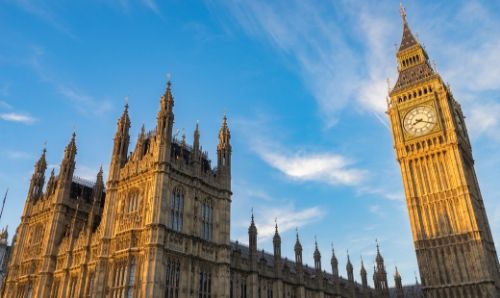Evidence Week
Evidence Week aims to highlight the importance of high-quality evidence and to identify policy areas that are in need of further scrutiny. At Evidence Week 2019, we showcased some of the University’s world-leading research.
The following research projects allowed policymakers to better understand and examine two issues faced by all UK constituencies; facilitating robust, research-informed policy on both a local and national level.
City Carbon Budget
Do you want science-based, Paris Agreement-aligned climate change targets for your local area? Researchers at the Tyndall Centre for Climate Change Research have developed an interactive tool to help local areas set their own climate change targets that meet the objectives of the UN Paris Agreement.
The tool allows users to calculate a carbon budget and pathways for local areas and enable them to set a date to reach net-zero emissions. This supports the decision making process for local government to set science-based, Paris-compliant targets that make clear the scale and urgency of climate change action across the UK.
This approach has been successfully piloted in Manchester, with the City Council adopting the carbon budget and set a date to become a zero carbon city, and it is being rolled out across the UK and Europe.
#BritainBreathing
Approximately one in four people suffer from seasonal allergies in the UK, and this incidence continues to increase.
Britain Breathing is a citizen science project that aims to engage the UK public to act as 'citizen sensors', to help scientists and citizens discover more about seasonal allergies such as hay fever or asthma.
The project is a joint initiative between the British Society for Immunology, Royal Society of Biology and The University of Manchester. Since its first data collection in 2016, Britain Breathing’s findings on allergies have been published in the Journal of the American Medical Informatics Association.
Evidence Week took place on 24-26 June 2019. It was organised by Sense about Science in collaboration with the House of Commons Science and Technology Committee, the House of Commons Library and the Parliamentary Office of Science and Technology.

